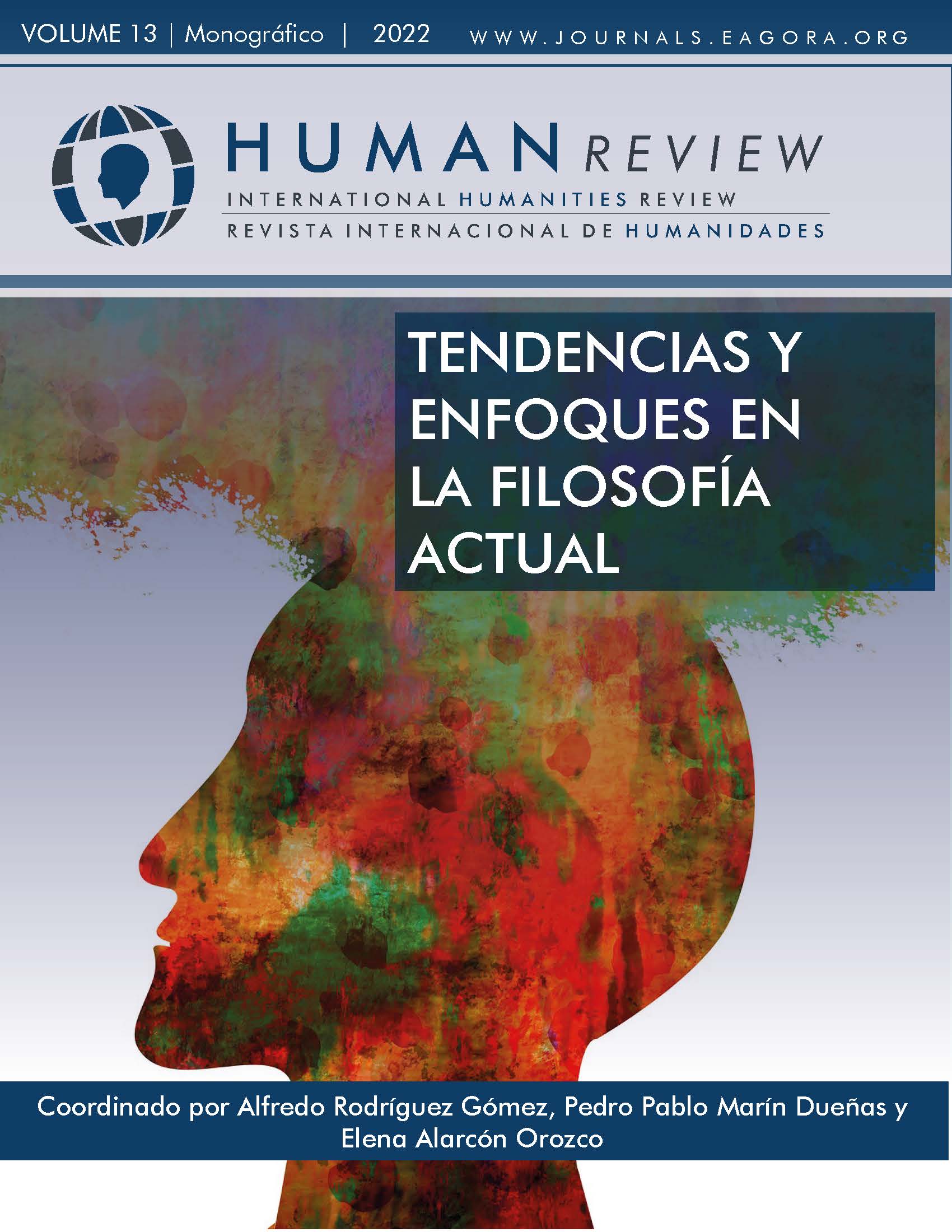Laughing is thinking and thinking is laughing
The brain as a zygomatic muscle
Keywords:
Agelastia, Humorism, Laughter, Metaphysics, Rhetoric, Seriousness, ThoughtAbstract
A philosophy of laughter in the double sense of the genitive is attempted. The objective sense is the usual one in the history of thought: the common opinion is to consider humour as the other of thought. Paradigmatically, philosophy, as metaphysics, would be the agelastic intellectual position par excellence: the zero degree of humour. However, interpreting the genitive in a subjective sense, laughter reveals itself as thought, and thought as the continuation of laughter through the brain as zygomatic muscle. Thought and laughter expand reality. The sense of humour shows itself to be perhaps the genuine philosophical sense.
References
Berger, P. (1999). Risa redentora. La dimensión cómica de la experiencia humana. Kairós.
Blumenberg, H. (2010). Das Lachen der Thrakerin. Eine Urgeschichte der Theorie. Suhrkamp.
Burnet, J. (1903). Plato. Platonis Opera. Oxford University Press.
De Waal, F. (2016, April 8). What I Learned From Tickling Apes. The New York Times Sunday Review. https://tinyurl.com/mx96sxnb
Fernández, L. (2021). El animal que ríe. Naturaleza y Libertad, 15, 82-111.
Fish, S. (1989). Doing what comes naturally. Change, Rhetoric and the practice of theory in Literary and Legal Studies. Oxford University Press.
Guerchunoff, S. (2019). Ironía on. Una defensa de la conversación pública de masas. Anagrama.
Kundera, M. (1994). El arte de la novela. Tusquets.
Kundera, M. (2012). La broma. Tusquets.
Lijtmaer, L. (2021). Ofendiditos. Sobre la criminalización de la protesta. Anagrama.
Marquard, O. (1995). Loriot Lauréat. Laudatio auf Bernhardt Viktor von Bülow bei der Verleihung des Kasseler Literaturpreises für grotesken Humor 1985. Skepsis und Zustimmung. Philosophische Studien (pp. 93-98). Reclam.
Mèlich, J.-C. (2006). Transformaciones. Tres ensayos de filosofía de la educación. Miño & Dávila.
Mèlich, J.-C. (2019). La religión del ateo. Fragmenta.
Ong, W. J. (1994). Oralidad y escritura. Fondo de Cultura Económica.
Rorty, R. (1989). Contingency, Irony, and Solidarity. Cambridge University Press.
Rorty, R. (1991). Objectivity, Relativism, and Truth. Philosophical Papers. Volume 3. Cambridge University Press.
Rorty, R. (1998). Truth and Progress. Philosophical Papers. Volume 2. Cambridge University Press.
Ross, W. D., & Smith, J. A. (1928-[1963]). The Works of Aristotle. Clarendon Press.
Rivero, P. (2009). Homo ridens vs. Homo sapiens. Contrastes. Revista Internacional de Filosofía, 14, 257-267.
Serna, J. (2005). El feudalismo semántico. A manera de introducción. La filosofía nace dos veces (pp. 10-15). Anthropos.
Serna, J. (2016). Antropología paradójica. Cerebro reptil y mentiras útiles. Anthropos.
Swabey, M. C. (1961). Comic laughter: a philosophical essay. Yale University Press.
Weems, S. (2015). Ja. La ciencia de cuándo reímos y por qué. Paidós.
Downloads
Published
Issue
Section
License
All articles are published under an Attribution-NoDerivatives 4.0 International (CC BY-ND 4.0) license. Authors retain copyright over their work.

